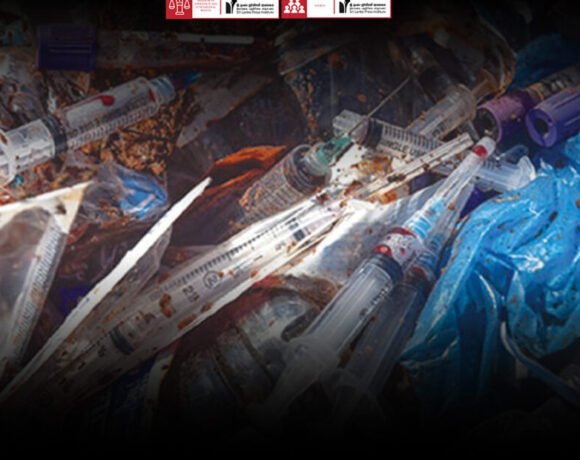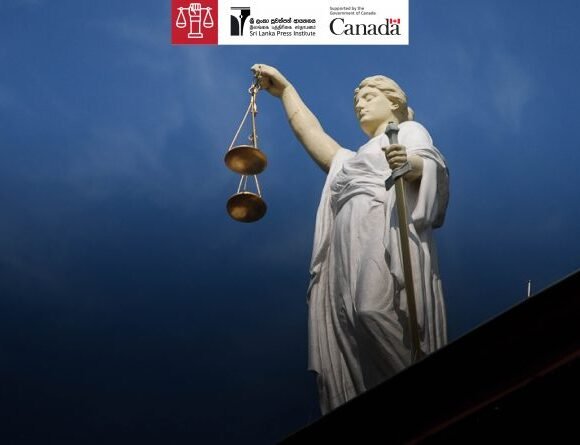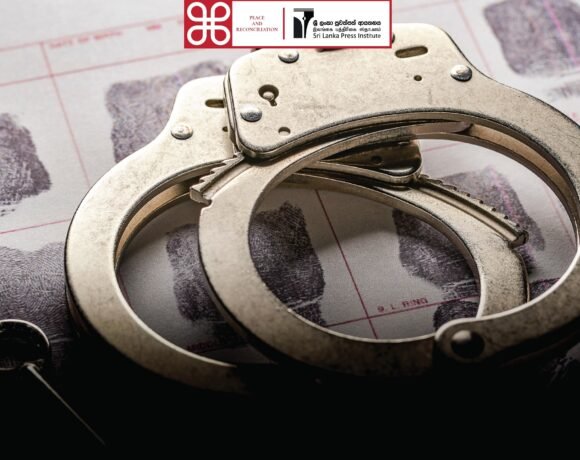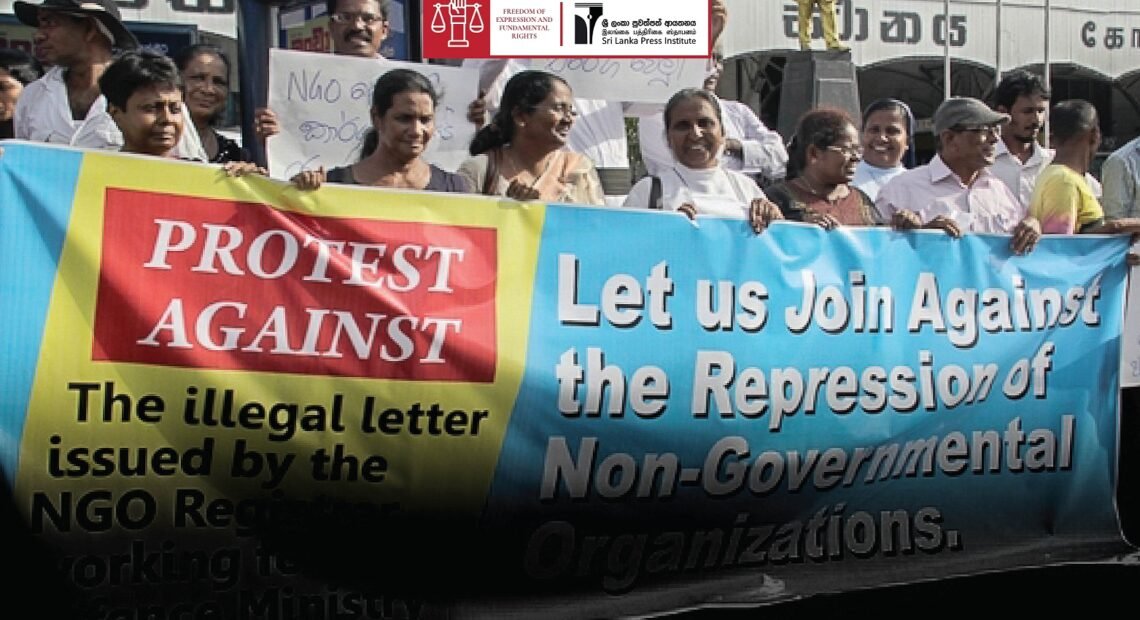
The Future of NGOs in Sri Lanka?
R. Ram
“Governments in power in the post-war period wished to keep domestic NGOs fully and firmly in check, despite the fluctuations in the ‘grip’ that governments have had on them; there were no differences between them except in degree. It has been announced that steps are being taken for the new bill.”
NGOs originated in Sri Lanka during the reign of the Sinhala kings. Examples include the Temple Trustees Association, the Village Advisory Board, and the Irrigation Advisory Board.
During the British Colonial period, many organizations, such as the Workers’ Trade Union (1893) and the Liquor- Free Movement (1911), were involved in many socio-economic activities, such as urbanization and the transition from traditional farming methods to industry.
The new economic policies introduced by the British government in Sri Lanka have exacerbated rural poverty in Sri Lanka. The colonial government established rural welfare centers in 1939 with the aim of reducing them. This was followed by the formation of Rural Development Associations in 1947.
Later in 1880 the Christian Youth Association became a Christian religious organization, the Mahabodhi Society (1891) and the Colombo Buddhist Theosophical Society (1880) are based on Buddhism, the Vivekananda Sabha (1902) and the Ramakrishna Mission (1929) were based on Hinduism and the Ceylon Muslim Educational Society (1931) was based on Islam. Although they were religious in nature, their common denominator was social service and social welfare.
In this context, after 1977, NGOs became increasingly active. International non-governmental organizations (INGOs), non-governmental organizations set up locally (NGOs), and local community-based organizations (CBOs) have historically operated in conjunction with the ruling government and separately.
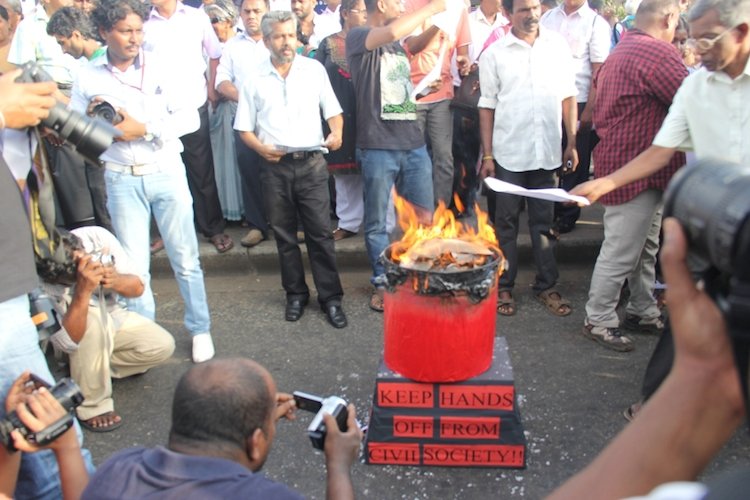
Many issues, including the continuing political instability at home, the lack of inter-ethnic harmony, the lack of relief from the effects of war, and the lack of justice for victims, underscore the need for NGOs to operate in Sri Lanka.
NGOs in Sri Lanka have rights and restrictions for their activities under the provisions of the Constitution’s Fundamental Rights. NGOs operate in accordance with the provisions of the Fundamental Rights detailed in Chapter III of the 1978 Constitution, which is currently in force.
In particular, they operate on the basis of freedom of speech and expression including publication; the freedom of peaceful assembly, the freedom of association, and freedom to form and join a trade union; as stated in Article 14 (1).
As such, Gotabhaya Rajapaksa was sworn in as President on November 18, 2019, at the historic Ruwanwelisaya. In the ensuing period, the grip on NGOs began to slowly increase.
In particular, Mahinda Rajapakse, the leader who ended the civil war and brought the country under one umbrella, attributes the significant contribution of NGOs to his departure from power in 2014. He has expressed it on many occasions.
He added, “A special review will be launched on the activities of NGOs. The majority of NGOs have in the past campaigned against the government for funds available from foreigners. The government will take steps to prevent such incidents in the future, ” on July 6th last year.
A similar view was expressed by Lakshman Yapa Abeywardena, former Minister of State and a leading figure in parliament during this period. He said, “In all cases where the country is facing a crisis, NGOs are on the rise. Once again, they have rallied against the government. ”
On top of this, President Gotabhaya Rajapakse believes that domestic and foreign NGOs were actively behind the scenes and hoisted the battle flag to prevent him from running as a candidate. He said this publicly.
On that basis, the Secretariat for NGOs was brought under the Ministry of Defense in a notification issued under Article 43 (1) and Article 46 (1) of the Constitution immediately after his assuming power. This is the first ‘red’ signal for NGOs.
Thereafter, Raja Gunaratne, Attorney-at-Law and Director General of the Secretariat, announced that “the NGO Secretariat has commenced investigations into suspicious sources and projects of NGOs.“

On November 6th last year, President Gotabhaya issued a proclamation declaring that “government agencies are strictly prohibited from entering into agreements with foreign-based NGOs and foreign embassies.”
With such a series of announcements, more and more NGOs became frightened and reduced their operations on their own. At least they were reluctant to openly say they were in crisis.
But a few NGOs had revealed the crisis. Chandra Devanarayana of the Revolutionary Reserve for Human Development (RED), which has been working for the rights and interests of workers in the Katunayake Free Trade Zone for over three decades, mentioned at a press conference on April 30: “Last week a team of police intelligence officers visited his office and obtained their personal information.”
“Then where is our security? How do we ensure that security? Many such matters are in my mind,” Devanarayana continued, adding that “ during the investigation, the police intelligence officers said that they were collecting information in accordance with the orders received from above ”.
In addition, Raja Gunaratne, Attorney-at-Law, Director of the Secretariat for NGOs, said, “The government is investigating 38 NGOs island-wide in the wake of the ongoing Easter bombings.”
Dr. Jehan Perera, Director of the National Peace Council, and Dr. Paikiasothy Saravanamuttu, Executive Director of the Center for Policy Alternatives, have commented on the fact that NGOs have been brought under a watchful eye during the current regime.
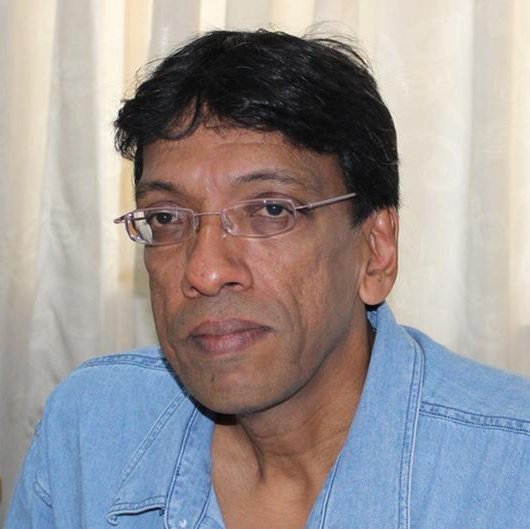
Dr. Jehan Perera said, “The current government is very much interested in knowing the financial sources of NGOs. But it does not seem to care about the services being done by the NGOs. NGOs operate with transparency in relation to financial management. But the government has serious doubts about it. If the government understands the work of NGOs properly, it can be clarified so that such doubts do not arise. Unfortunately, the government is not ready to enter into discussions with NGOs.”
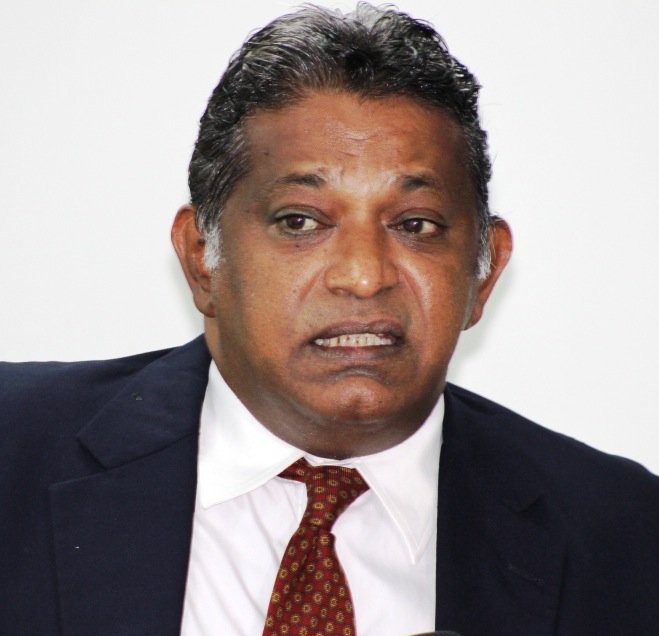
At the same time, Dr.Saravanamuttu says that the current ruling party is a two-time incumbent. The experiences of things that took place at that time have now naturally silenced NGOs. It can never be assumed that the government can advance effective governance by silencing NGOs. It should be understood that NGOs work beyond the promotion of community welfare and support of the governance of the government. That fact must be taken into account.
Thus, former President Chandrika Bandaranaike, in a speech during the coalition government of President Maithripala Sirisena and Prime Minister Ranil Wickremesinghe’s term said on 29 September 2016, “Past governments have had doubts about the activities of NGOs. This has, over the past decade, led to an increase in misunderstanding about the international community. However, under the current government, there has been little pressure on NGOs to operate.”
In fact, it is not only during the Rajapaksa brothers’ rule that NGOs have faced such crises. NGOs have been in crisis since the last coalition government. But in its form, there were variations in extent.
In a research paper titles “Weakening the integration, mobilization, and resistance of civil society organizations through the NGO Amendment Bill” (Rookie Fernando), with the help of information and inputs provided by Attorney at law Ermiza Tegal, reveals that the Cabinet decided on 20th February 2018 to amend the 3rd Voluntary Social Services Act of 1980.
He also pointed out that the amendment would regulate, supervise and search NGOs by the National Secretariat for NGOs under a ministry not specified and that the secretariat would have the powers to investigate with the powers of police.
Further, the maximum powers vested in the Secretariat, the Director-General, the Minister in charge, and the Secretary to the Ministry include powers to directly interfere with the freedom of assembly, expression, thought, conscience and belief, and the right to privacy of individuals of any group that can be defined as NGOs. He also points out that it provides unprecedented, controlling power.
It has also created a culture and expectation that NGOs in the districts should be subordinate to local government officials and warned that the current reporting and accreditation requirement for NGOs was being circumvented.
Hence, the consequences of the actions taken by past rulers in relation to the NGOs mentioned above and the combination of the Rajapakse brothers’ anti-NGO sentiment are now apparent.
As the range of these reactions increases day by day, the activities of domestic and foreign NGOs will be further limited. Such a situation will have a significant impact on socio-economic development, healthcare, social welfare services, socio-cultural activities, and the protection of human rights.
The impact has the potential to create massive and adverse conditions for a developing country like Sri Lanka, which is already facing various crises that cause massive setbacks. Until this understanding is reached by the government, its frightening activities related to NGOs are going to continue.
It is in this context that the government says a new bill will be introduced to regulate NGOs and civil society organizations. Although preparations for this have already begun, no official action has been taken to confirm this.
Ambika Satgunanathan, a lawyer and former commissioner of the Sri Lankan Human Rights Commission, said the new law, which the government claims would introduce, was “perceived to be central to the transfer of funds“, that it was “very dangerous” and that it could be inferred from the government’s actions that it would eliminate the democratic space.
இலங்கையில் அரச சார்பற்ற நிறுவனங்களின் எதிர்காலம்?


